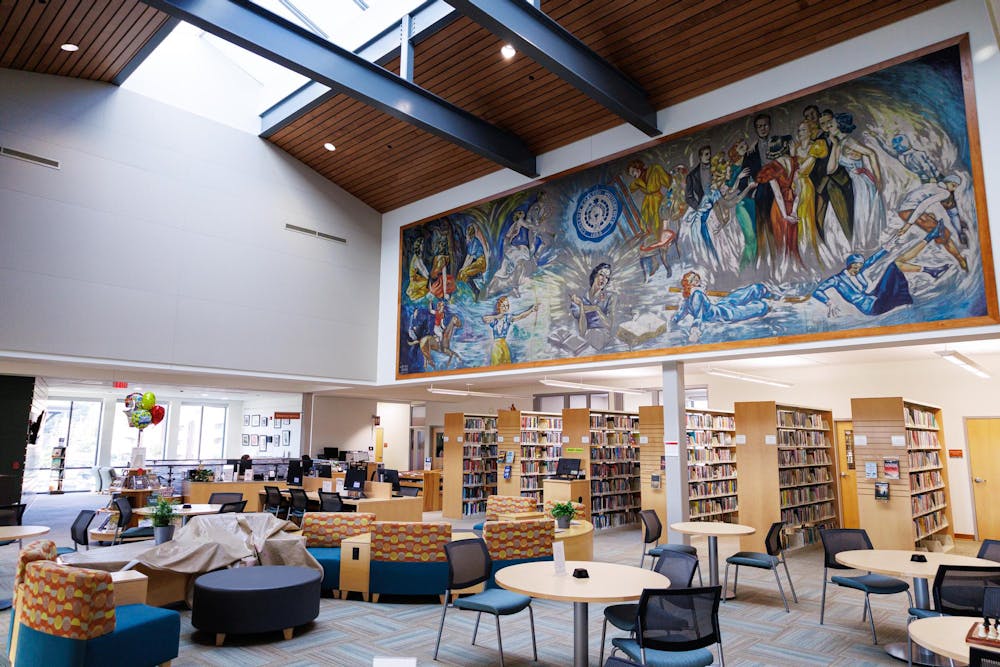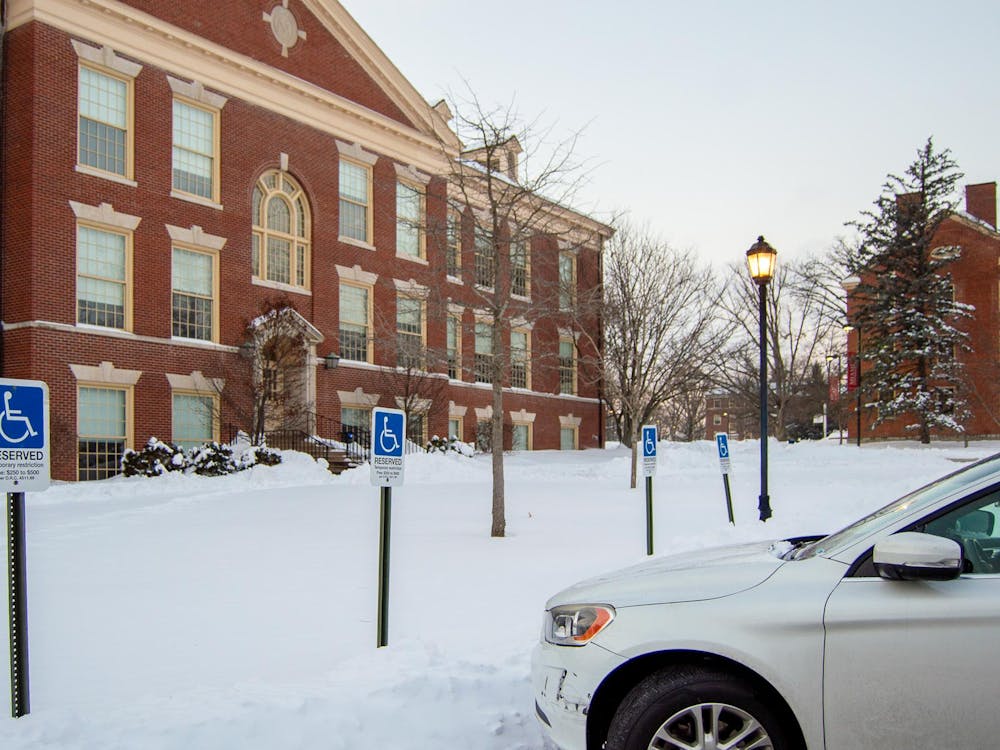Growing up, a core location in my life was the local public library. My grandma would pack a bag and let my brother and me roam free through the shelves. The kids’ section had puzzles and puppets. I would find a book about fairies or princesses, nestle into a beanbag and immerse myself in the fantasy world.
Libraries foster a certain kind of childhood magic no other place can achieve. However, these important establishments are in danger.
In March, the new Department of Government Efficiency (DOGE) began to cut federal funding for the Institute of Museum and Library Services, which is vital to public libraries. These grants help provide a large portion of their overall budget in order to stay open. If these funds are reduced, it puts them, especially smaller libraries located in more rural areas, at a major risk of closing.
Ohio is specifically at risk of these cuts.
The state budget for fiscal year 2026-2027 is proposing a $25 million budget cut for funding public libraries in Ohio. With this large loss in funding, libraries would have an increasingly difficult time remaining open and funding their resources and activities. Funding for these institutions is essential – they are pillars of society and have a great impact on people everywhere, of all ages.
Libraries are a vital public service and play an important role in education. They offer free and easily accessible learning opportunities to the public, and they allow people who do not have the privilege of receiving adequate education or educational resources to find such opportunities in one place, for little to no cost.
Libraries are a hub of infinite information.
The books, computers and people within libraries can provide more educational insight and help than most other public places in the world. This access to free education is a public service we cannot lose in our society.
There has been a recent trend of declining literacy rates in the United States. In 2024, according to the National Center for Education Statistics (NCES), approximately 34% of fourth-grade students are below the basic reading level. This is quite a substantial percentage, and raises alarms over literacy rates in our schools.
Ensuring that public libraries remain open is one sure way of increasing reading levels. Encouraging kids to read and giving them free access to do so is vital for their education.
Creativity is also fostered in public libraries. With the broad range of content, there are endless possibilities of what knowledge one can consume. The seemingly infinite shelves hold countless genres, authors, characters and stories just waiting to be discovered. This allows people to go beyond the knowledge they know and discover new possibilities.
Public libraries create a safe and magical place for children to find sanctuary in. A majority focus their audience towards children, and they do not center solely around books. When I was a child, my public library hosted craft activities, plays and even a worm race.
Enjoy what you're reading?
Signup for our newsletter
Activities such as these open young children to broader horizons and allow new opportunities they would not have otherwise. It also creates a safe place for them to express their creativity and emotions and be encouraged to do so.
Public libraries have always been a staple in U.S. towns. They are integral to education, creativity and childhood development. It is increasingly important for people everywhere to continue and support our public libraries.
The Oxford Lane Library is close and accessible to everyone. I encourage people everywhere to continue to visit your public library, show your support and ensure this vital institution stays alive within our society.
Layla Norris is a first-year student double majoring in political science and journalism, with a minor in history. Alongside writing for The Miami Student, she is involved with Stage Left, Women in Law and MU Model UN.




